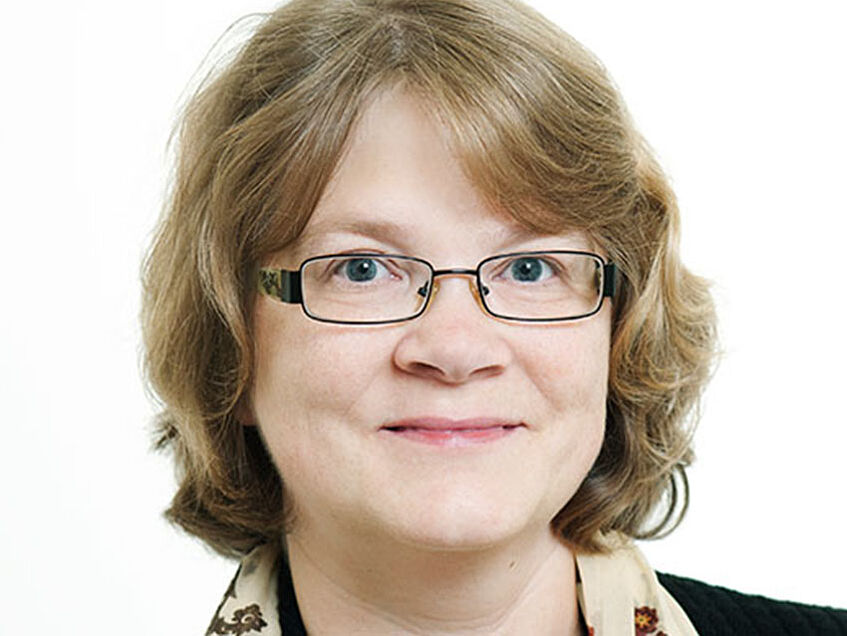Univ.-Prof. Dr.in Kirsten Rüther, M.A.

Univ.-Prof. Dr.in Kirsten Rüther, M.A.
Department of African Studies
Email: kirsten.ruether@univie.ac.at
Profile
Having her disciplinary anchor in the study of history, Kirsten Rüther represents the extensive field of "African History and Societies". Having enjoyed employment sojourns in Hannover, Hamburg, Essen, Berlin and Zurich, her expertise derives from various, successively developed areas of work. These initially included the examination of the political and everyday historical relevance of Christianisation in the context of mission and colonialism. In a later phase of her career, she dealt with the process of political transition and social transformation in South Africa, pursuing this change through the activities of healers, the knowledge of medicines and through people’s management of diverse "afflictions". More recently, she has devoted her energies to urban studies in Zambia. She is particularly interested in housing policies of the late colonial state. All of these research fields connect to mobility research as conducted within the framework of the research platform and the doc.funds program.
Research Interests
- Housing and employment in late colonial and early independent urban Zambia
- Biography and family research
- Christianisatin and colonialism
- Health-seeking and popular culture in South Africa
- Global history, history of entanglements, mobility research
Current Research Projects
Currently I am working on two research projects which tie in with mobility research:
- The Politics of Housing in Late Colonial and Early Independent Kenya, Zambia and DR Congo
- The Burial of Dennis the Goat - Revisiting the Years of the South African Transition
The Politics of Housing in Late Colonial and Early Independent Keya, Zambia and DR Congo
This research was started with funding from the Austrian Science Funds (FWF). In three case studies, between 2017 and 2021, a group of researchers committed themselves to the study of housing as provided in the context of employment.
Parallel to a doctoral fellow writing on “Building Ideology” in Livingstone, I am currently devoting time to coming up with a history of the provision of housing in late colonial Zambia and ideas of social advance among an emerging urban strata of aspiring citizens. The book will focus on issues of rent-paying, the meaning of house numbers and addresses as well as on representations of houses and homes in Zambian life-writing. I am also pursuing a focus on the cultural, political and architectural meanings of roofs, which are mentioned excessively in the archival record.
The Burial of Dennis the Goat - Revisiting the Years of the South African Transition
In 1992 a goat called Dennis was murdered in the streets of Umlazi. Dennis had the reputation of being like a human being, and his owner, Xolani Sabelo, was determined to give him a human burial. This proved difficult as the Umlazi authorities were reluctant to assign space from their cemetery for Dennis’ grave. Xolani then went from pillar to post to find a place for his beloved friend and companion. A variety of print media and radio stations keenly covered the story, and in many ways the story of the death and burial of Dennis the Goat was a story of African journalism re-emerging from apartheid pressures.
The story unfolded in a fragile moment of South African history, namely virtually between the ending of apartheid and the beginning of “new times”. Everything was in flux. There was a high level of violence sweeping through the country. There were many expectations towards a better future. The “output” will be an extended essay offering various possibilities of reading the story and of engaging with pertinent questions of how “being human” differs from “being an animal”, and of the hampered path along which dead bodies (and souls?) move from the sphere of life to an afterlife.
